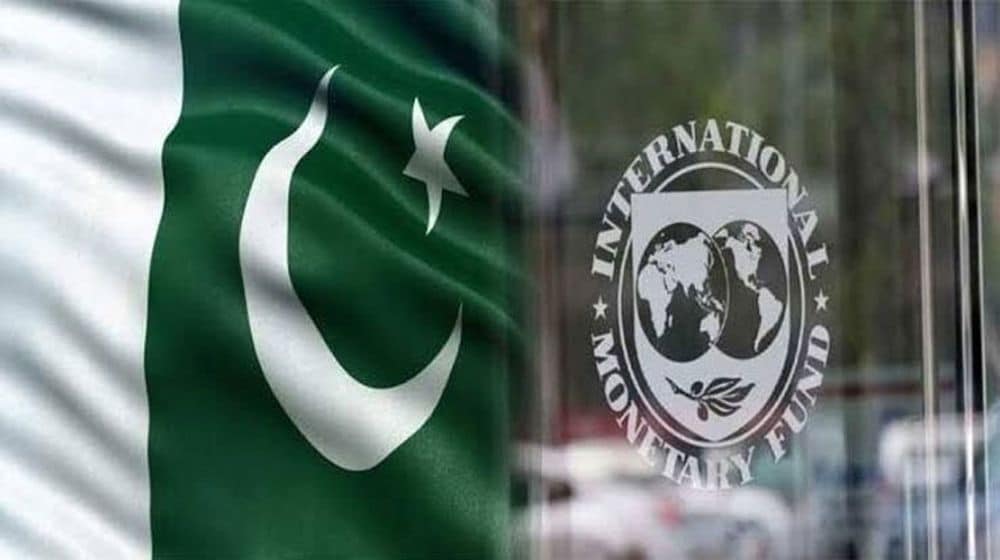Pakistan and the IMF are in a stalemate over policies and reforms needed to keep the bailout program on track and complete the ninth review.
In a written reply, IMF’s Resident Chief in Pakistan stated. “…a key purpose of program reviews in Pakistan, as in all program countries, is to evaluate both program performance to date and forward-looking, whether the program is on track or policy measures are needed to meet program targets, advance reform objectives, and maintain macroeconomic stability going forward,”
Since September, the IMF hasn’t reviewed the performance for the next tranche. However, Finance Minister Ishaq Dar claimed that Pakistan met all review targets last week.
The IMF resident chief said discussions with Pakistani authorities are ongoing because not all quantitative end-September targets have been met.
“Significant new developments have occurred since the last program review, including the extraordinary floods,” Ruiz said.
Sources said that the global lender had notified the finance ministry that it must meet all end-quarter performance requirements and benchmarks.
Both sides need a broader agreement on forward-looking data to set performance and indicative targets through June 2023.
After the floods, the IMF and Pakistan changed the macroeconomic and fiscal frameworks to reach a compromise.
The updated macroeconomic framework might pave the way for staff-level agreement on the 9th review of the $7 billion Extended Fund Facility.
With the revised figure of nominal growth in the range of 25%, the tax-to-GDP ratio was bound to decline if the FBR achieved its annual target of Rs7.47 trillion for the current fiscal year. Without revised numbers, it would be hard to reach a deal.
Pakistani authorities are hopeful that the 9th review will soon be completed, releasing $1 billion for Pakistan’s struggling economy.
Amid dwindling foreign exchange reserves that touched $7.5 billion, Pakistan requires dollars inflows injection to get breathing space.
With the possibility of more deposits from a friendly country, the authorities will be able to negotiate a better deal with the IMF. Still, if no deposit materializes within the next couple of weeks, the foreign exchange reserves might further deplete in the weeks ahead.






